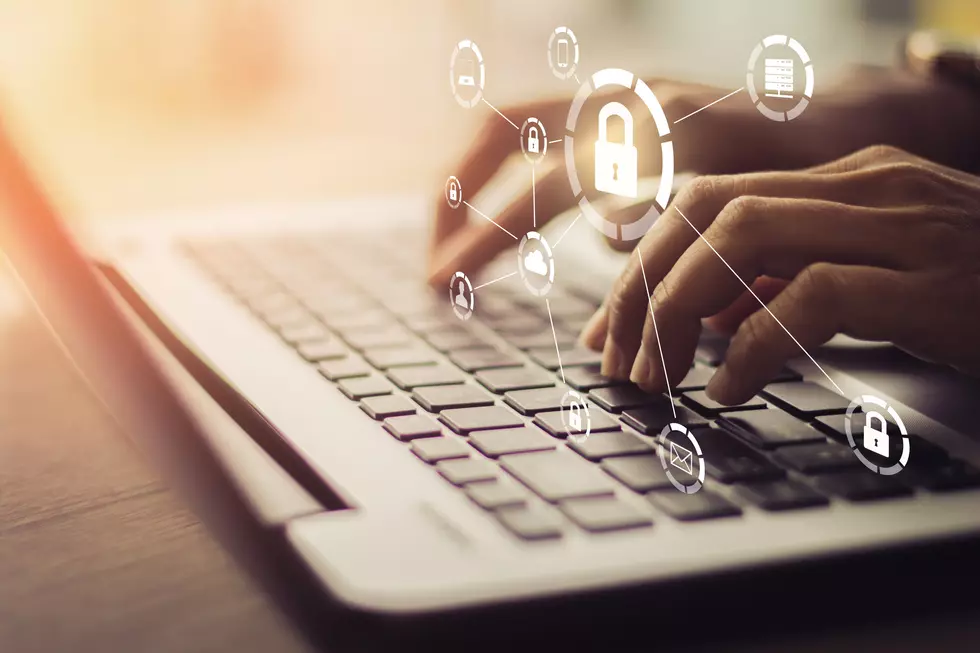
Thwarting virtual ‘bombings’ is the aim of NJ lawmaker’s new bill
In late April, a distance learning session in the Lumberton school district was interrupted by a hacker who, officials say, briefly broadcast pornographic images and used racist language.
With an eye on the beginning of a new school year next month, plus the growing number of business meetings being conducted over virtual platforms, a new bill from Assemblyman Gerry Scharfenberger, R-Monmouth, seeks to ensure those kinds of things don't happen — and if they do, that the people who perpetrate them are caught and punished.
Such so-called virtual "bombings," Scharfenberger said, can be unsettling.
"I've been on Zoom meetings where the host will say, 'Does anyone know who these callers calling into the Zoom meeting are?' And it's very unnerving when you're really not sure," he said.
Scharfenberger's bill, which he introduced last week, would increase penalties for online "bombing" a videoconference call that includes minors with obscene material a third-degree offenses punishable by a prison term of three to five years, a fine of up to $15,000, or both. Unauthoritzed access to a video call would otherwise be considered a fourth-degree crime, with a maximum of 18 months imprisonment.
Since we have long been told that everything on the internet leaves fingerprints, Scharfenberger said he anticipates it won't be too difficult to track down who the offenders are.
And the legislation, if it is eventually approved and signed, would be here to stay, just like virtual meetings may be even when the COVID-19 pandemic is over.
"I think these protections are important for the long term. This isn't just something that's going to sunset once the emergency has been lifted," Scharfenberger said. "We live in such a high-tech world, and the possibility of this sort of illegal activity is so great, and I think it intensifies as time goes on."
Scharfenberger, who is a professor at Monmouth University, said he understands the importance of protecting schools, which, at all levels from kindergarten through college, are going to be incorporating some sort of distanced instruction this year.
But he also said he wants to try to keep New Jersey as business-friendly as possible, even during a global health crisis, and is worried about sensitive information getting into the wrong hands, whether or not that happens intentionally.
"I'm concerned with proprietary information being accessed by people who should not even either have access, or people who are willingly looking," he said.
Scharfenberger believes the more serious penalties will act as more of a deterrent toward future virtual bombing occurrences, rather than just the relative nuisance of a fourth-degree crime.
More From Townsquare Media News:

See The Blue Angels/Thunderbirds Flyover
More From Beach Radio










